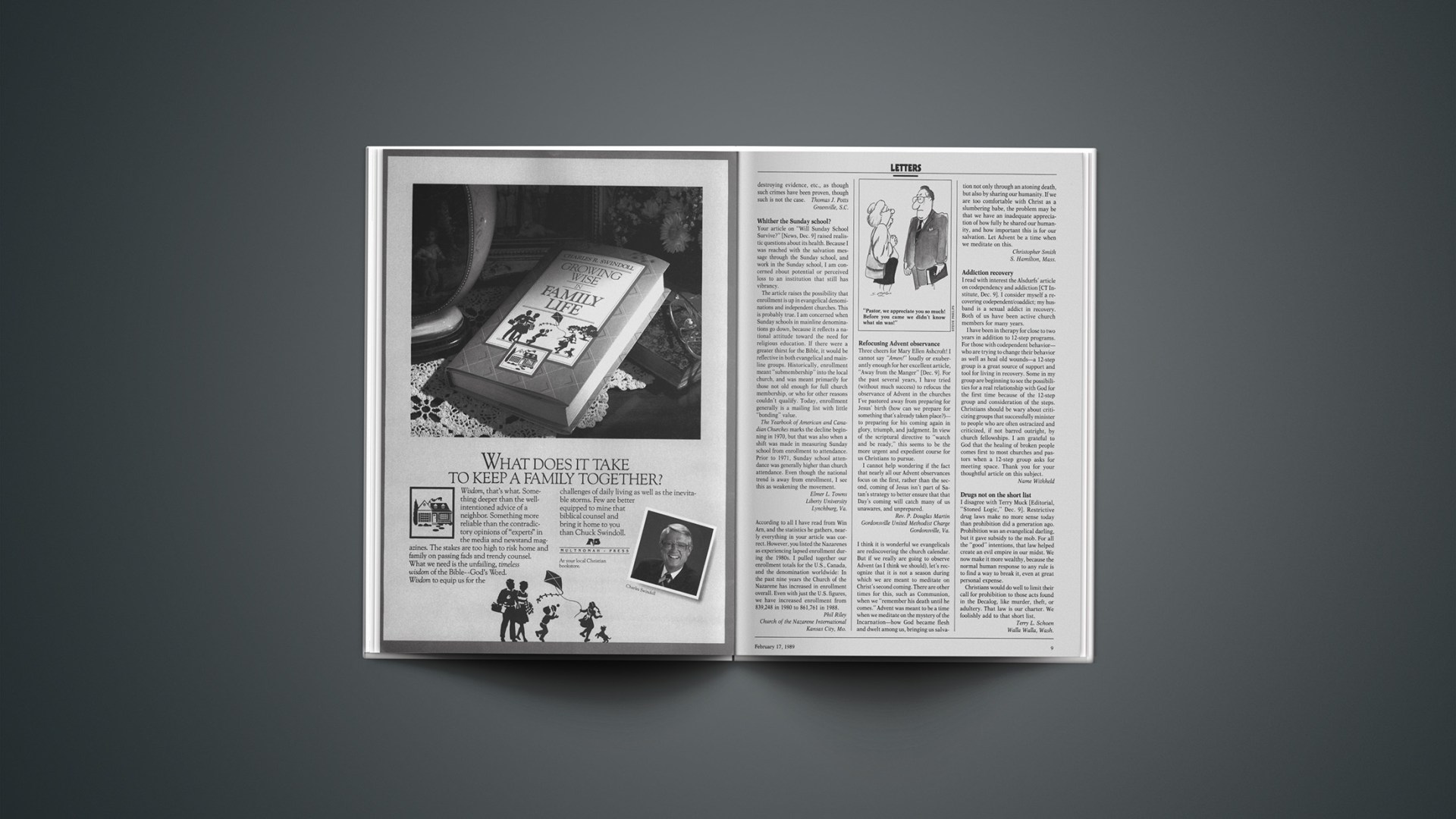I was asked to write an extended blurb to promote a teaching aid that a friend had produced. I said I would. I was then told that to save me time a draft blurb would be prepared, based on things I had said in my books. All I would have to do was sign it.
The draft duly arrived, and behold! it began by making me tell a personal story that never happened, and went on to make me declare a personal debt to material I have never yet encountered. As advertising, it was no doubt a well-calculated come-on, but as literature (well, what else can I call it?) it was fiction dressed up as fact. Could you have signed such a thing? I couldn’t.
What to do? Rather than penalize my friend for the crassness of his entourage, I wrote a truthful blurb, and since I was able to adapt some parts of the original draft, I dare say some of my time really was saved. But just as mint candies, called humbugs in England, leave an aftertaste in the mouth, so this brush with human humbug, in the Dickensian sense of that word, left an aftertaste in my mind—and it was not a pleasant, warm glow, either.
Here was one evangelical devising false statements for another evangelical in the interests of a third evangelical, his boss. The justification offered would no doubt be that these statements, whether true or not, would encourage the use of good Christian teaching material, and that was all that mattered. That would be a way of saying that these statements fall in the category of what Plato called “the useful lie,” a type of statement that managers make in order to manipulate people into doing what seems good for them (and, of course, for their masters, too). To see the end as justifying the means, or, as old-time Jesuit casuists put it, to treat a lawful intention as legitimizing whatever is done to fulfill it, is typically modern. But it is not right.
Surely the means to any end has a moral quality of its own. Surely I am not respecting God’s image in my neighbor if I conspire to bamboozle him. Surely advertising a product by making false statements to people who expect me to tell the truth would be a case, even if small-scale, of doing evil that good might come—a way of acting that God condemns. Surely the Devil is the father of white lies as well as of black ones. Surely the old dictum that those who tell white lies soon become colorblind is true.
Said Samuel Johnson, that eighteenth-century man-mountain of Christian common sense: “Accustom your children constantly to this: if a thing happened at one window and they say, when relating it, that it happened at another, do not let it pass, but instantly check them; you do not know where deviation from truth will end.” The contemporary willingness of Christians to trade in hype and untruths suggests that some of us were not brought up on this wise principle of meticulous respect for the facts.
Evangelical Christians have become sensitive over the past few years about the sanctity of life. Thank God we have! But is it not high time we developed an equally sensitive conscience about the sanctity of truth?
Have you ever wondered why, following a solemn call to patience under pressure and before an equally solemn call to sustained prayerfulness, James inserts: “Above all, my brothers, do not swear.… Let your ‘Yes’ be yes, and your ‘No,’ no, or you will be condemned” (James 5:12)? People swear, we know, in order to commend falsehoods as true, as when Peter swore that he did not know Jesus. James only echoes Jesus (Matt. 5:34–37) in requiring plain, honest truth at all times, and no doubt his reason for making the point here is that he knows how those under pressure can be tempted to affirm untruths in order to get out from under.
But why “above all”? Why does James treat total truthfulness as so very important? Because, I think, he knows that nothing corrupts character so quickly or so deeply as habits of deception and untruth. I too know that; don’t you? There is no Christ-like consistency, no deep-level discipleship, without a passion for truth everywhere. I suggest we need to consider our ways.
J. I. PACKER










